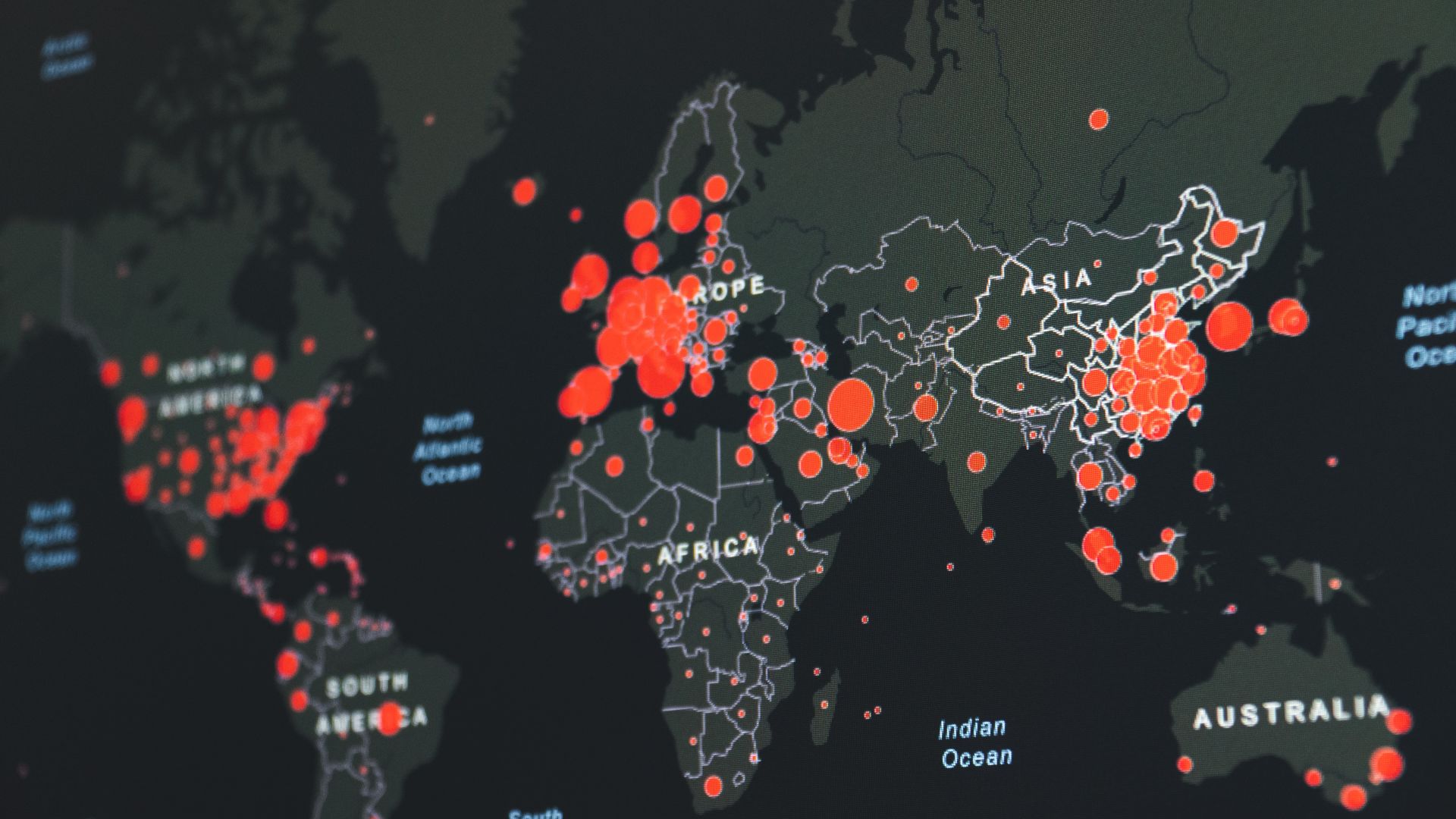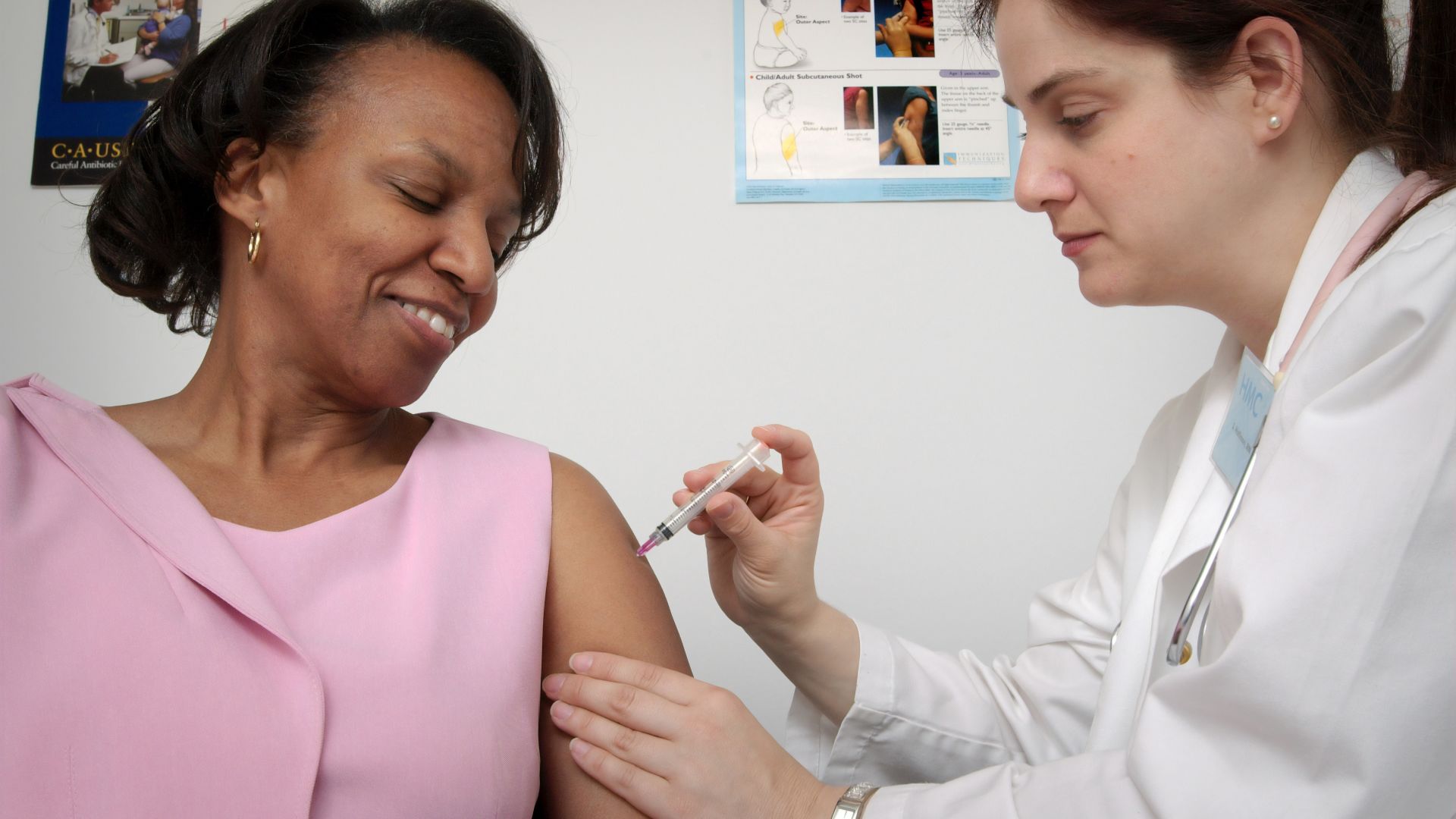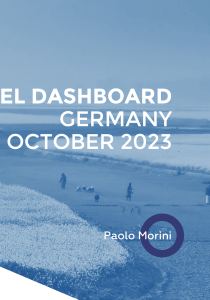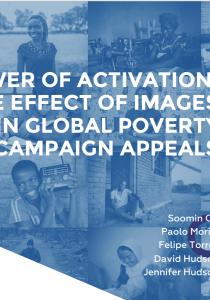
As protests continue in Germany over the government’s implementation of coronavirus lockdown rules, new data shows that despite frustrations with how the virus is being handled, many Germans believe the pandemic has brought a dose of perspective on global challenges, namely inequality and the importance of sustainable consumption.
Whether it’s the effect of lockdown, higher consumption of news, or a sense of collective anxiety as a result of the spreading pandemic, German respondents are to a degree taking stock of global challenges in the midst of the COVID-19, and not just when it comes to global diseases and pandemics.
In mid-July 2020, we provided 2,012 respondents in Germany with a list of global issues and asked which, if any, they’d grown more or less aware of since the beginning of the pandemic. Predictably – the survey fielded as Germans were coping with the second wave of COVID-19 – 65 percent of respondents reported an increased awareness of global diseases and pandemics (Globale Krankheiten und Pandemien).
Beyond a new awareness of pandemics, 49 percent of respondents said they felt more cognizant of sustainable consumption (Nachhaltiger Konsum). It’s an exciting shift for those promoting cleaner energy, less destructive or resource-intensive business practices, more mindful packaging, and more broadly those trying to build the public’s knowledge about the underlying importance of sustainability in all development and humanitarian interventions, as reflected in the Sustainable Development Goals. (Not far behind, climate change garnered 41 percent of respondents who felt more aware of global challenges, while a different question in the same survey revealed that climate change remains the number one issue of concern for German respondents, whereas in Great Britain it’s been eclipsed by global diseases and pandemics.)
But ahead of climate change in third place, 43 percent of respondents in Germany reported increased awareness of poverty in both rich and poor countries, followed closely by income inequality, of which 40 percent of respondents reported feeling more aware.
This increased awareness of poverty and income inequality raises intriguing questions about how the COVID-19 pandemic has affected the German individual’s understanding of their own economic situation: as once-bulletproof industries faltered and so-called ‘steady’ jobs were inevitably lost by the thousands globally, due to crashing markets and inadequate social safety nets, it’s possible the stark global outlook has brought home the fragility of a market built to nurture profit, rather than employees.
Unfortunately, these realisations seem to have overlooked gender inequality (Geschlechtergleichstellung): Fewer than 25 percent of respondents said they felt more cognizant of gender inequality globally, while more than half of respondents said they were no more or less aware of gender equality as a result of the pandemic. With similar findings in Great Britain and the United States, it seems likely that the unique challenges the pandemic poses to women haven’t yet moved the public consciousness to the extent it has for other issues.
Even though gender equality fell low in the ranking of newly-appreciated global issues, there is reason to think a foundational understanding of gender equality and its barriers is within reach: Another survey in Great Britain found that the British public do believe COVID-19 poses greater challenges to women. So how is it then that the public can be aware of challenges faced by women during the pandemic, but not report feeling more aware of them as a result of the pandemic?
The issue, possibly, is one of relativity: Revelations about inequality, sustainable consumption simply outweigh what might have been an already-higher awareness of gender inequality.
This is hopefully reassuring to those working on gender equality to know that the public are receptive to a conversation about gender-based barriers caused by the pandemic. Still, the lower figures for increased awareness raise an important question. Clearly the pandemic is challenging women in new ways – whether it’s professionally, childcare-related or even the threat of domestic violence – and likely the nature of these challenges hasn’t reached the broader public consciousness. How can organisations increase awareness of the shape and parameter of these barriers?
As we’ve discussed previously, our research shows that framing gender issues with other global challenges works wonders. It’s a seemingly simple solution, and yet understand the intersection of income inequality and gender inequality, or education and women’s economic empowerment has been proven to increase the public’s understanding of gender inequality. This piece by Soomin Oh, for example, explores how knowledge about institutional sexism increased the likelihood to donate among German publics.
The second strategy goes hand in hand with increasing understanding of institutional barriers to sexism: our recent COVID-19 message-testing in the U.S. and Great Britain showed that messages detailing specific challenges were more likely to be successful. ‘Gender equality,’ as a broad topic, covers too much. We find that the public are likely to be more receptive to more specific details, rather than broad support for certain vulnerable groups. For example specifying interventions toward women’s economic empowerment, or girls’ access to education, are more likely to resonate with the public.



































